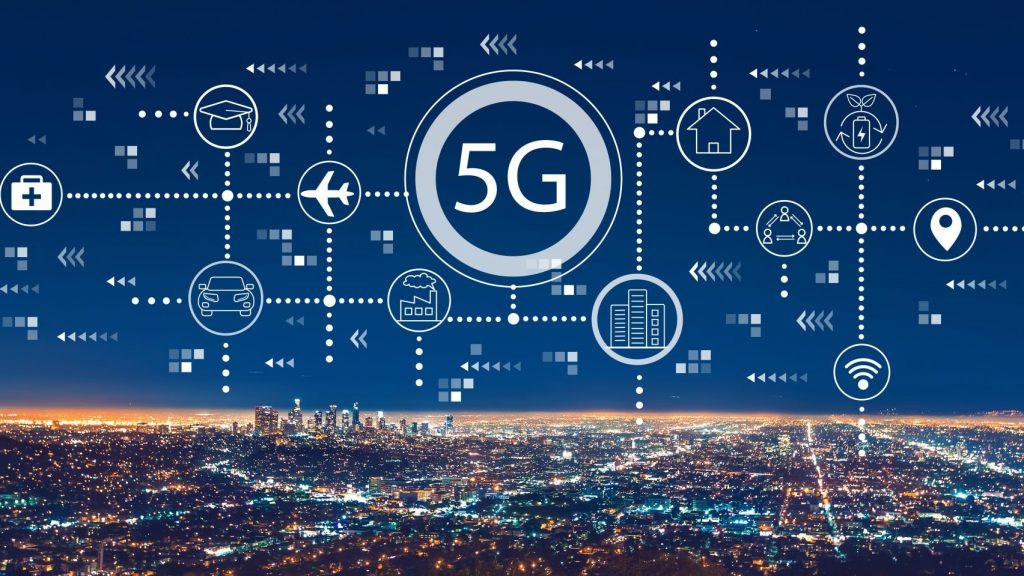The introduction of the fifth-generation network has come at the right time in history, considering the increased reliance on digital communication during the COVID-19 pandemic. An added benefit of the 5G network is the private 5G option or next generation Local Area Network (LAN). Using the 5G technology, a dedicated network can be created to offer unified connectivity, optimised services and secure communication. Private LTE networks are already being used in commerce, so it’s just a matter of time before private 5G networks are adopted by such users.
How does 5G operate?
For the next few years, 5G is most likely going to work alongside cellular and Wi-Fi connectivity, to offer users an enhanced communication device. In the long-term, however, 5G will undoubtedly become the primary network option due to its superior flexibility and reliability.
Uses of the private 5G network?
There are many instances in which a private 5G network would be preferential option for users. These would include:
- Remote locations where there is insufficient structure to support 5G networks.
- Campus environments that rely on IoT (Internet of Things) applications such as hospitals, universities, transport hubs or military bases.
- Public venues which require on-site connectivity.
- Factories requiring sensor equipment and relying on valuable data collection and analysis.

What are the benefits of the private 5G network?
There are many advantages to the private 5G network for organisations that will see a surge in use over the coming years. Some of these include:
1. Security
One of the biggest concerns in the digital age is the rise of cybercrime, and with each new technological development, new threats become evident. The introduction of a private 5G network will be welcomed by many industries because it is a much more secure connection. The reason being that the network operator will be able to establish individual security policies rather than relying on outside providers. This is obviously a major benefit for organisations dealing in sensitive data and information.
2. Wireless
The added infrastructure expenses related to wired technology will be eliminated with the introduction of the private 5G network. The wireless feature is also hugely beneficial in an increasingly mobile age where business is not limited to one location any more.
3. Oversight
In addition to the enhanced security measures that can be performed in-house with the private 5G network, businesses are able to control various aspects such as resources and the prioritisation of critical devices.
4. Network slicing
5G has the ability to create multiple virtual networks – network slicing – which are then customised for a specific purpose. When it comes to private 5G networks, the slicing allows for optimisation for even more specific user needs within that network.
5. Decreased latency
One of the major benefits of the 5G network – and private 5G networks – is the lower latency for enhanced communication between devices. As IoT becomes more of a reality, and we see the increased use of robotics, lower latency will be key across industries.
6. Enhanced bandwidth
Alongside the decreased latency is the enhanced bandwidth of the private 5G network which allows for the transmission of greater data much faster. This means simultaneous upload and download speeds needed for video conferencing and IoT.
7. Unobstructed connectivity
The private 5G network is suited to industrial applications as metal obstructions – such as cranes and conveyor belts – will not obstruct connectivity. The data will merely be sent via an alternative path for uninterrupted work flow.
Read More: How 5G will re-shape business in the future
Once the 5G network becomes more prolific, the use of private 5G networks will quickly follow within the industrial sector. The superior connectivity of this particular network will see it emerging as the preferred option.

